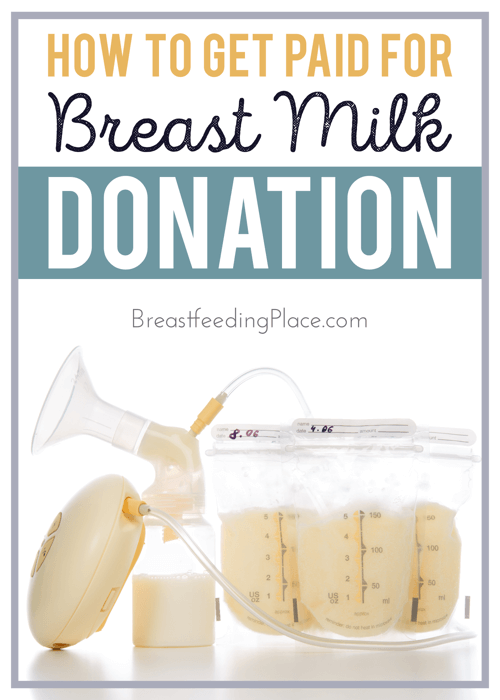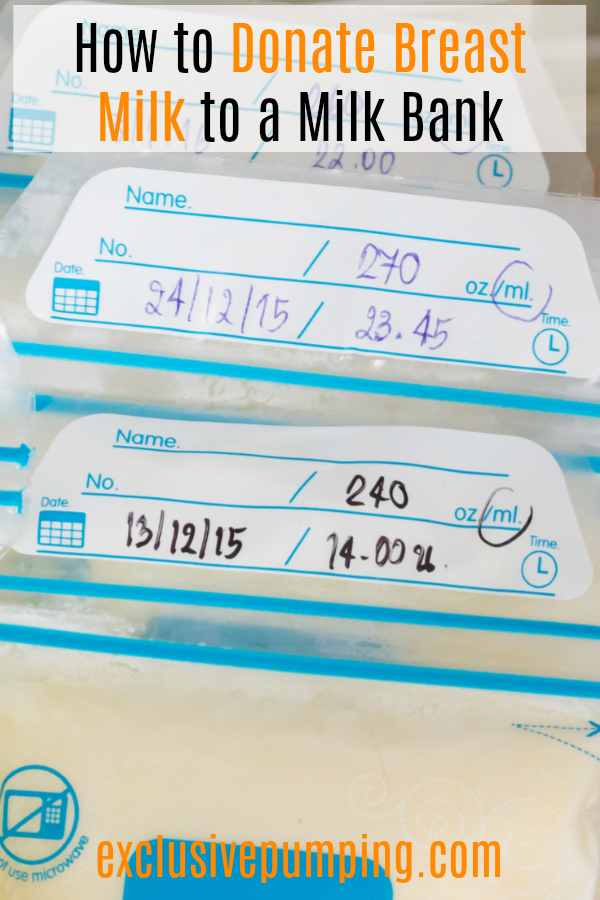Donating Breast Milk: What You Need To Know & How To Help
Can a mother's generous gift provide life-saving nourishment to a vulnerable infant? The answer is a resounding yes, and the practice of donating breast milk has been a cornerstone of infant care for over a century.
In a world grappling with preterm births and infants facing health challenges, the act of donating breast milk has evolved into a crucial support system, offering a lifeline of essential nutrients when a mother's own milk supply is insufficient. This article will explore the intricacies of breast milk donation, shedding light on the process, the benefits, and the impact it has on families in need. It will also delve into the criteria for donation, the role of milk banks, and the vital importance of this generous act.
Before delving into the specifics, let's address a common misconception. The search terms "Getting paid to donate breast milk" often appear in online searches, but it's essential to clarify that most milk banks operate on a non-profit basis. The primary motivation for milk donation is the desire to help vulnerable babies, not financial gain. While some organizations may offer small incentives, the core value remains the altruistic act of providing life-giving sustenance.
The process of donating breast milk is generally straightforward, although it involves adherence to specific health and safety guidelines. Potential donors undergo screening to ensure they meet the required criteria, which typically includes a review of their medical history, lifestyle, and blood tests. This rigorous screening process guarantees the safety and quality of the donated milk, protecting the health of the infants who will receive it.
If you're a healthy, lactating woman, including surrogate and recently bereaved mothers, you may be eligible to donate. However, there are factors that can make a woman ineligible. For instance, donors cannot use illegal drugs, tobacco products or nicotine replacement therapy. Regular alcohol consumption above a certain threshold or excessive caffeine intake also disqualifies a potential donor.
Here is the table with the information related to Breast milk donation:
| Category | Details |
|---|---|
| What is Banked Human Milk? | Breast milk donated by women who are currently breastfeeding their own babies and have an abundant milk supply. |
| Who Can Donate? | Most healthy, lactating women, including surrogate and recently bereaved mothers, can be potential donors. |
| Ineligibility Criteria |
|
| Where to Donate? | Milk banks. Information on local milk banks can be found online. |
| How to Donate? |
|
| Benefits of Milk Donation |
|
Donating breast milk is a practice with a rich history. For over a century, in Europe, Norway, Denmark, and Sweden, it has been a common practice to help infants in need. These practices have proven the safety and the benefits of human milk. The expansion of milk banks across regions like the Midwest and California reflects the growing recognition of the vital role breast milk plays in supporting infant health. These banks are committed to the safe collection and distribution of pasteurized donor human milk. Milk banks promote community health by ensuring the safe use of human milk for all babies, especially those born prematurely or experiencing illness. The commitment goes beyond simple provision; it is about ensuring the highest standards of safety and quality to safeguard the wellbeing of vulnerable infants.
So, how does one become a breast milk donor? The process typically involves contacting a milk bank, providing medical information, and undergoing screening to ensure the safety of both the donor and the recipient. The specifics may vary, but these steps generally include health history reviews and blood tests. This process ensures the milk meets the stringent standards necessary for the health of babies.
While most milk banks do not offer financial compensation, some may offer incentives, such as gift cards, to acknowledge the donors generosity. For instance, at some participating milk banks, submitting proof of donation earns a gift card. It's a small gesture of appreciation for a significant act of kindness, reinforcing the importance of breast milk donation.
If you are looking to provide milk directly to moms, you can find information from a few different sources. However, it's crucial to prioritize safety and to be aware of the potential risks and benefits before proceeding. The same standards for health and safety still apply, and its important to be aware of the guidelines.
The question of whether one can purchase breast milk does arise. The answer is yes, one can. However, it is very important to understand the nutritional difference. It is important to note that though donor milk is the best alternative for feeding newborns, it does not have all the same benefits of breastfeeding using mothers' own milk. This is because breast milk changes every day to meet the changing needs of your baby.
When you donate your extra breast milk, you become a beacon of hope for families in need. Your gift can provide essential nutrients for premature and ill infants. The importance of human milk cannot be understated, and your donation can have a profound effect on the health and well-being of babies.
For those interested in participating, contacting your local milk bank is the first step, and you can find them online. Milk banks are the central hub to ensure the safe and effective distribution of breast milk. They have specific procedures and blood tests to ensure every donation is safe and meets the strict health requirements.
The significance of breast milk donation extends far beyond a simple act of charity. It is a powerful demonstration of community and the shared responsibility of caring for our most vulnerable members. Donating breast milk is a tangible way to support the health and well-being of infants, providing them with a vital foundation for a healthy start in life.
Whether you are a parent looking for human donor milk for your baby, a family member, or a healthcare provider seeking milk for your unit or patients, you're in the right place. Milk banks are committed to providing resources and information to support families and healthcare providers in accessing the resources they need.
If you're interested in staying informed about milk donation, you can join the contact list or check the milk banks' websites periodically for updates. Your involvement, in any capacity, helps to promote community health and provide life-saving nutrients to those who need them most.
In conclusion, the act of donating breast milk is an act of profound generosity that has the power to save lives and transform the trajectory of vulnerable infants. It provides a lifeline of essential nutrients and embodies the spirit of community, compassion, and hope. As the demand for donor milk continues to rise, the importance of supporting breast milk donation becomes increasingly clear.


